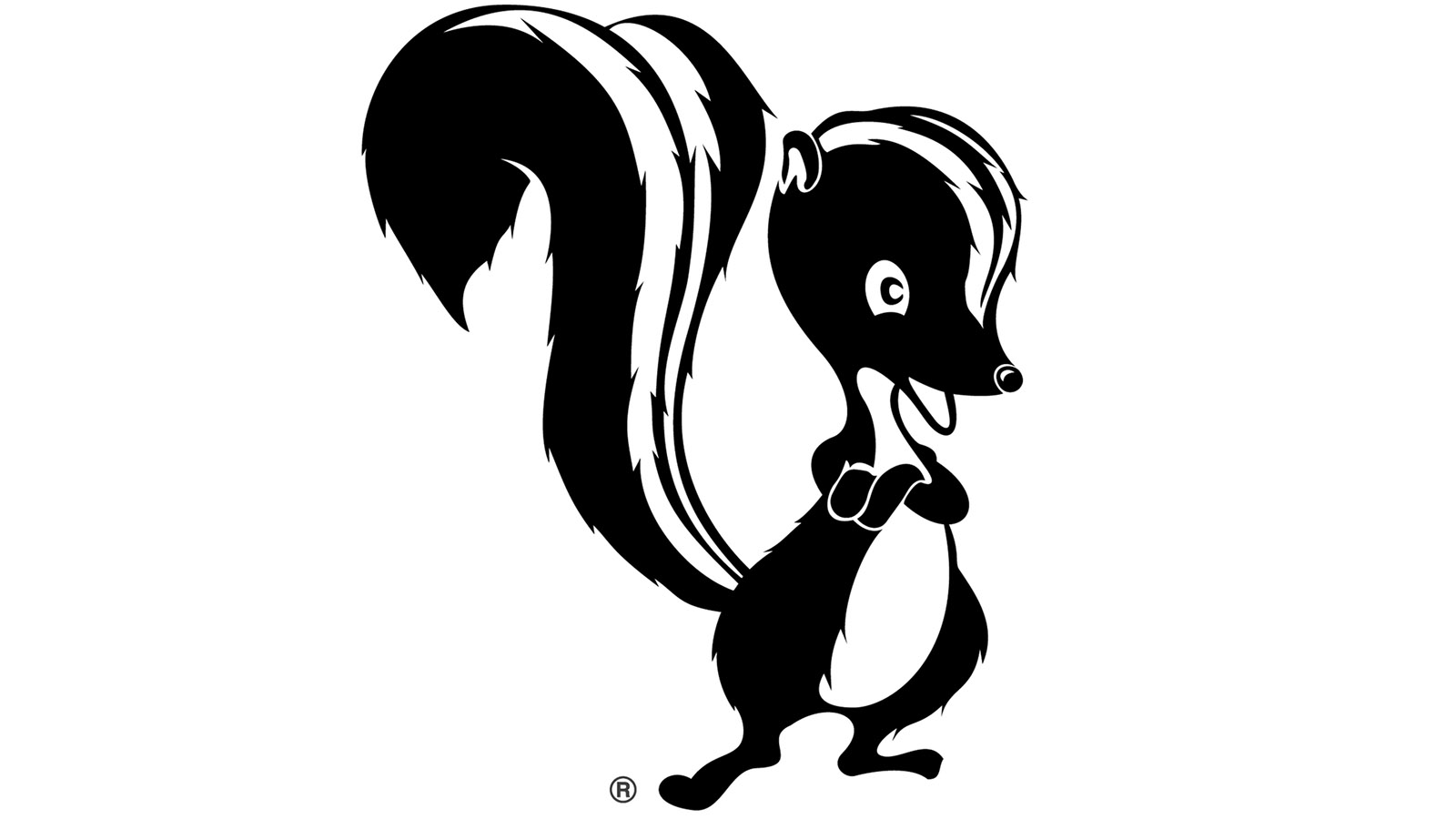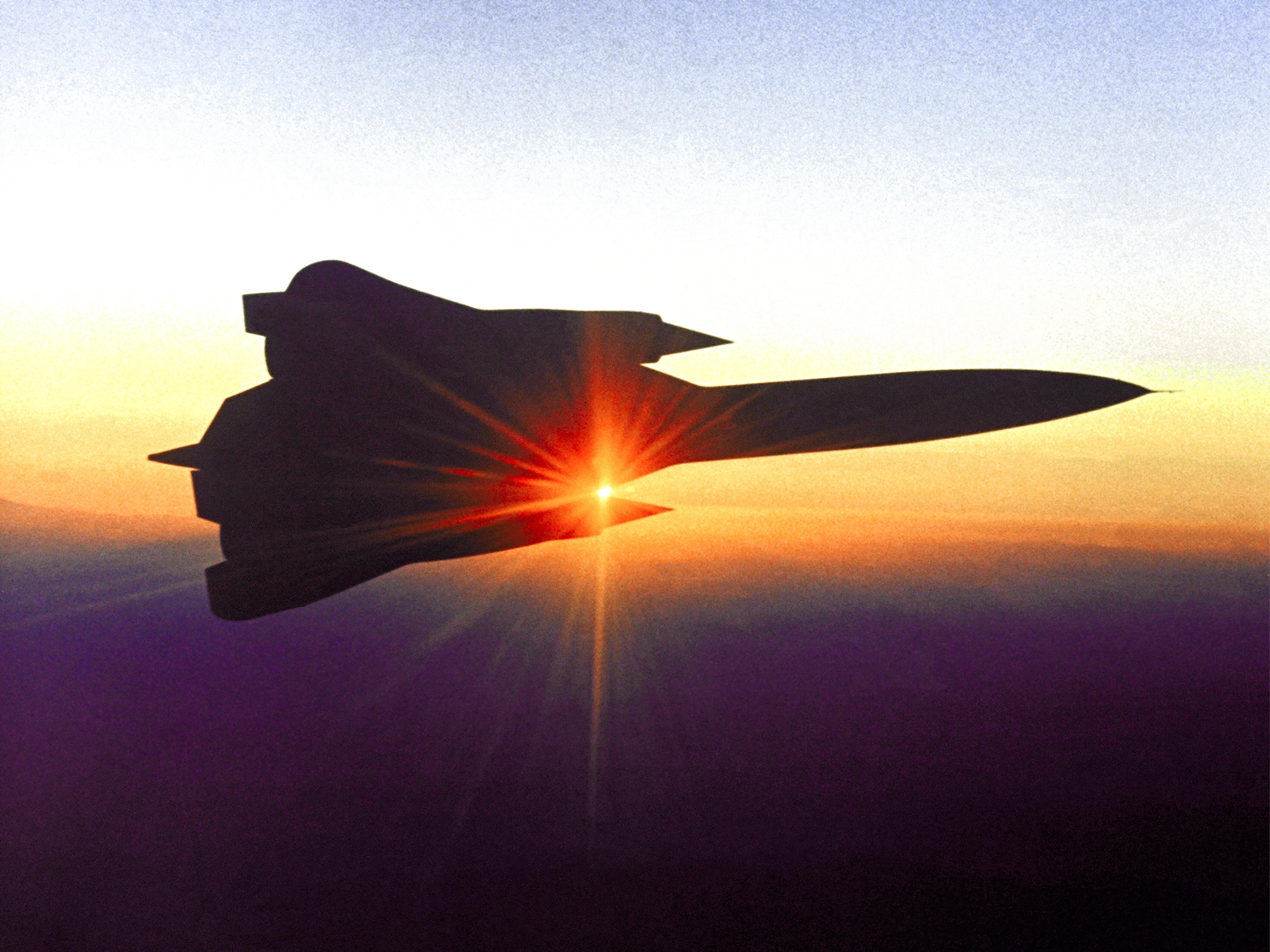Innovation Works Competition
Sponsored by the Lockheed Martin Corporation
November 8-10, 2024
Fall 2024 Event - November 8-10, 2024
Given the importance of innovation, the Lockheed Martin (LM) company is sponsoring a competition to:
Find, inspire, and recognize students who have new and innovative ideas!
Hopefully, you can compete and innovate the way the US designs, delivers, and sustains a future generation of products.
The name of this competition is a tip of the hat to Lockheed’s famous Advanced Development Programs group, commonly known as the Skunk Works. The Skunk Works is responsible for delivering amazing and innovative aircraft like the high-altitude U-2, the tri-sonic SR-71, and the stealthy F-117 (and more).
The Lockheed Martin company is the lead and principal sponsor of this competition. They are providing inspiration, funding, judges, and critical insight. WSU’s Aerospace Engineering department is helping with administrative and other aspects.
The contest will be conducted in two phases. All teams entering the competition will participate in the first qualifying phase. The top six qualifying teams will be invited to participate in the final phase starting November 3rd.
Judges from a variety of organizations, including Lockheed Martin, will play a critical role in the competition. Competition participation will be virtual.
Short 3-minute team presentations or elevator pitches will be utilized, in the final phase of the competition, to present your work, to facilitate communications and to score competitors. To help teams and to foster learning, the participating judges will provide measured feedback and input to contestants during presentation sessions.
Unique methods of illustrating your solution may be appropriate and are allowed. For example, physical demonstrations and simulations could be very effective. However, be extremely careful to stay within the competition time and virtual presentation format (Zoom) limits.
Short videos and references* on “design thinking” and how to do effective “elevator pitches,” to help participants prepare before the competition starts, are available in the following links:
"Crash Course in Pitching" - https://www.youtube.com/watch?v=lO3CY9a6rwQ
"Design Thinking Part 1" - https://www.youtube.com/watch?v=gI8svM0C52E
"Design Thinking Part 2" - https://www.youtube.com/watch?v=ZsaBU_kO-yQ
"Design Thinking Part 3" - https://www.youtube.com/watch?v=92SdZzu07Ew
"Design Thinking Part 4" - https://www.youtube.com/watch?v=lRyeGcIVc54
The following documents* will also prove useful:
Basic_Pitch_Rules.PDF
A_Crash_Course_in_Design_Thinking.PDF
(*Special thanks to Maggie Koops, a WSU alum, for her efforts preparing this material.)
Deconstructing the Elevator Speech - A helpful breakdown of what an elevator speech is and the elements that go into it. While teams will not be presenting research during this competition, the ability to convey an idea in a succinct manner is critical.
Judges score teams, as the competition progresses, based on the below noted specific categories:
- The team’s problem understanding
- The team’s solution uniqueness
- The demonstrated value of the team’s solution
- The practicality of the team’s solution
- The team’s overall effectiveness communicating
(*Note: Not all categories will be active in all sessions.)
Scores use the following scale:
- 0-points means the specific category result is missing or unacceptable
- 2-points means the specific category result is just acceptable or adequate
- 4-points means the specific category result is very good
- 6-points means the specific category result is truly extraordinary
Point values other than 0, 2, 4, or 6 are not allowed.
The category scores from the judges are averaged and used in the following equation to determine a team’s session score:
Session Score* = Average of Category 1 Scores + Average of Category 2 Scores + Average of Category 3 Scores + Average Category 4 Scores
(*Note: Not all categories will be active in all sessions.)
In order to provide valuable feedback, session category average scores will be shared with teams as soon as is possible.
Session scores combine to determine a team’s final competition score using the following equation:
Final Score = (0.1 * Session 1 Score) + (0.2 * Session 2 Score) + (0.7 * Session 3 Score)
Each session will progressively address different parts of a team’s efforts and results, specifically:
- Session 1 is where the team identifies a problem as they see it and their specific focus area
- Session 2 is where the team presents their initial idea for a solution to the problem
- Session 3 is where the team presents their evolved and final overall result
The following competition rules apply:
- Contest participants must compete as a team, composed of at least three and no more than four full-time WSU students (for this competition, full-time student status means each undergraduate or graduate student is currently enrolled, respectively, in at least 12 or 6 credit hours).
- Multi-disciplinary teams are encouraged but at least one member must be a current engineering major. Due to the nature of the competition theme, it would be in the best interests of the teams to have atleast one member from School of Computing.
- A maximum of twelve teams can compete. As a result, a pre-contest entry and review process will be used to invite the most promising teams to participate.
- Participants will interact virtually. Zoom will be the primary communications tool.
- Each team member is required to present at least once during the event.
- Contest events, activities, presentations, etc. will be tightly scheduled and time-limited. Competitors must meet these limits. There will be no exceptions, unless in rare and unavoidable cases (e.g., WSU ITS services go down).
- The principal competition efforts and results must be those of the student team. Outside assistance of any kind or amount must be formally and completely identified in a submitted List of References.
- Proper referencing of any and all sources or assistance (e.g., periodicals, conference papers, books, web pages, conversations, emails, etc.) is required.
- Failure to submit a complete List of References by the stated deadline may result in disqualification.
- Be sure to monitor the competition web page and your emails for updates, changes, and other information.
- It is the team’s responsibility to check the schedule and to be on time for their presentation in each session.
- Teams that are late for a presentation time slot will not be given additional time, but are eligible for scoring.
- Teams totally missing a presentation time slot receive a zero for that session score.
- The is no automatic requirement to award a first, second, or third place winner (e.g., if there were only three competitors). Winning teams must deliver high-quality and innovative solutions with acceptable final team scores. There are no default wins.
- Generalized unofficial results, if available, may be shared during the Closing Session. Final results will be posted on the web page as soon as they are made official.
- All competition related aspects (e.g., rules, requirements, constraints, schedules, awards, etc.) are subject to interpretation and change at any time by the contest director (Dr. Keshavanarayana, WSU Aerospace).
OPENING SESSION – Friday, 11/8 @ 4:00pm Central
SESSION 1 – Saturday, 11/9 (all times are Central)
This session focuses on the team’s identification of a problem and their specific focus area.
|
Team/Time |
10:00am |
10:15am |
10:30am |
10:45am |
11:00am |
11:15am |
11:30am |
|---|---|---|---|---|---|---|---|
|
1 |
X |
|
|
|
|
|
|
|
2 |
|
X |
|
|
|
|
|
|
3 |
|
|
X |
|
|
|
|
|
4 |
|
|
|
X |
|
|
|
|
5 |
|
|
|
|
X |
|
|
|
6 |
|
|
|
|
|
X |
|
|
7 |
|
|
|
|
|
|
X |
SESSION 2 – Saturday, 11/9 (all times are Central)
This session focuses on the team’s initial idea for a solution to the problem.
|
Team/Time |
4:00pm |
4:15pm |
4:30pm |
4:45pm |
5:00pm |
5:15pm |
5:30pm |
|---|---|---|---|---|---|---|---|
|
1 |
X |
|
|
|
|
|
|
|
2 |
|
X |
|
|
|
|
|
|
3 |
|
|
X |
|
|
|
|
|
4 |
|
|
|
X |
|
|
|
|
5 |
|
|
|
|
X |
|
|
|
6 |
|
|
|
|
|
X |
|
|
7 |
|
|
|
|
|
|
X |
SESSION 3 – Sunday, 11/10 (all times are Central)
This session focuses on the team’s final overall result.
|
Team/Time |
2:00pm |
2:15pm |
2:30pm |
2:45pm |
3:00pm |
3:15pm |
3:30 pm |
|---|---|---|---|---|---|---|---|
|
1 |
|
|
|
|
|
|
X |
|
2 |
|
|
|
|
|
X |
|
|
3 |
|
|
|
|
X |
|
|
|
4 |
|
|
|
X |
|
|
|
|
5 |
|
|
X |
|
|
|
|
|
6 |
|
X | |||||
|
7 |
X |
CLOSING SESSION – Sunday, 11/10, @ 4:30pm Central
Opening Session Link:
TBA
Password:
Session 1 Zoom Link (Saturday): e-mailed to registered participants
Session 2 Zoom Link (Saturday): e-mailed to registered participants
Session 3 Zoom Link (Sunday): e-mailed to registered participants
Closing Session Zoom Link(Sunday): e-mailed to registered participants
Qualification Theme - Posted 10/1/2024
The competition theme builds on the qualification theme of UAV's and Cyber Physical Systems.
The details of the competition theme will be announced during the Opening Session on Friday, November 8th.
Cyber Physical Systems for Aviation
The recent technological advances in Cyber Physical Systems (CPS) are opening new frontiers in a wide range of applications. Leveraging the capabilities of CPS might be beneficial to aviation applications including civilian, combat, and reconnaissance.
Your challenge is to, first, learn as much as you can about Cyber Physical Systems and their usage for one specific aviation area. Then you need to identify a new and innovative idea or concept to advance your choice of aviation area involving Cyber Physical Systems
2023 Competition Winners
AI for Jet Readiness
(Team 7) Folarin Olaobaju, Mohammad Faisal, Darsh Choksi, Pedro Cupertino
Session 1 :https://youtu.be/3kCtTVjtaDc
Session 2: https://youtu.be/ufTY6QBatSA
Session 3 : https://youtu.be/j4I9XjNFVIc
Component Qualification powered by AI
(Team 4) Rylan Fay, Connor Welch, Corey Hubbard
Session 1: https://youtu.be/4lcUxG-bHso
Session 2: https://youtu.be/oRjlKkw02ys
Session 3: https://youtu.be/wt9yZVR2JTk
Headstart AI Training
(Team 5) Joseph Sittenauer, Emma Ahrenholtz , Justin Nichols, Tate Radcliffe
Session 1: https://youtu.be/COH34vrcemg
Session 2: https://youtu.be/NBOzkbHyhJM
Session 3: https://youtu.be/Kx5YO6_jcl0
Thanks again to Lockheed Martin for their sponsorship!




